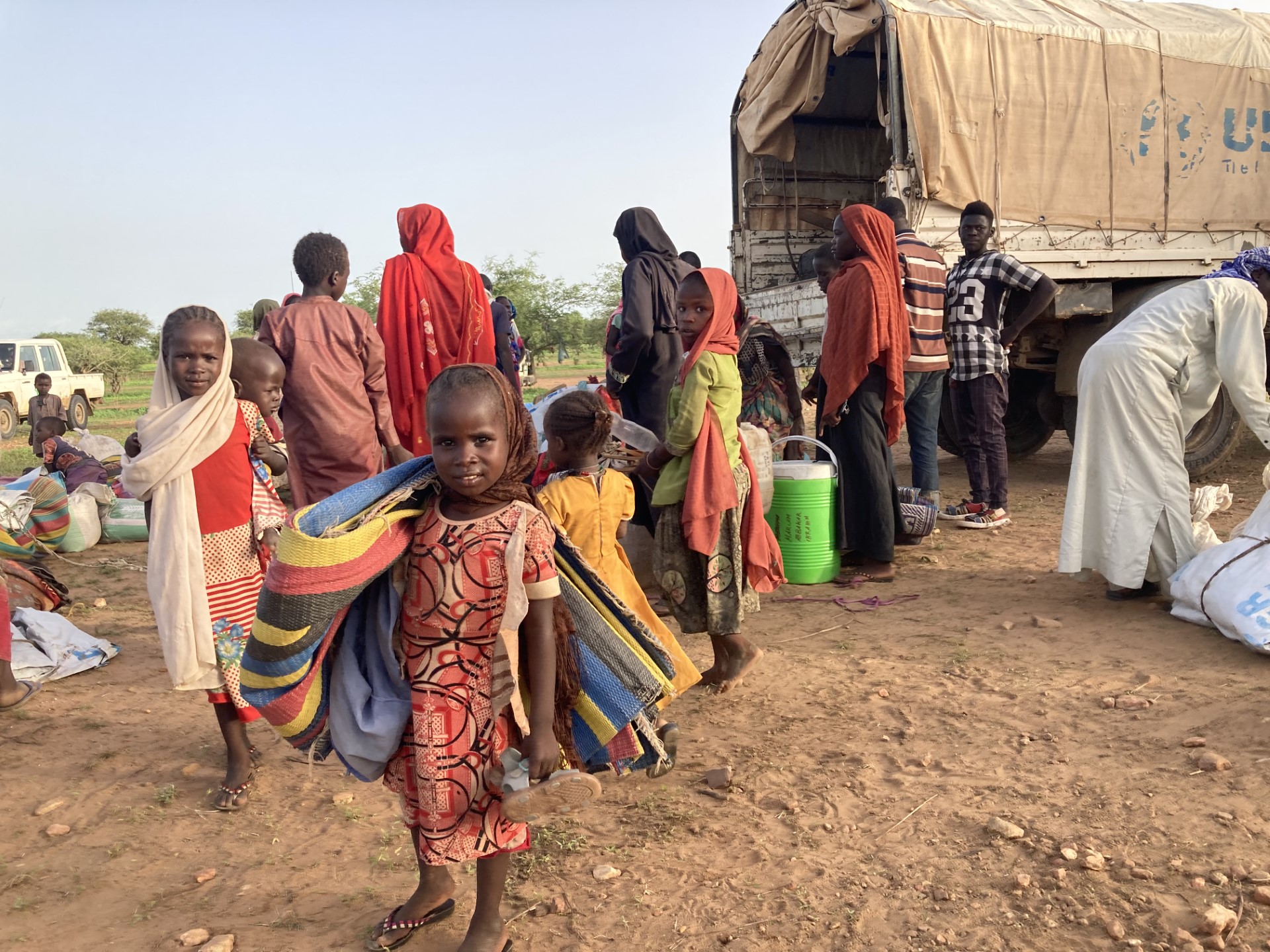
Sudanese Refugee Situation in Eastern Chad Raises Concerns
moatinoon
UNICEF stated on Thursday, August 31, that the humanitarian situation in eastern Chad is becoming increasingly precarious due to the ongoing influx of Sudanese refugees and Chadian returnees by the thousands since last April. These individuals are receiving only minimal access to essential health services, water, sanitation, protection, nutrition, and education. This situation is adding extra pressure to areas where local communities were already struggling to survive.
The United Nations High Commissioner for Refugees (UNHCR) reported that the number of refugees and returnees as of August 18 has reached 378,428 refugees and 39,117 returnees. In both cases, women and children make up the majority, with women and children accounting for 88% of Sudanese refugees and 93% of Chadian returnees.
Refugees and returnees are crossing the border through 31 entry points in the Wadi, Silla, and Ouaddai regions, with the majority entering through the Wadi province.
International donors have called for 35 million to expand life-saving interventions and reach 535,000 people in eastern Chad by December 31, 2023. However, as of now, they have received less than 4 million.
Many arriving children are suffering from severe malnutrition, measles, or injuries. Some children arriving from Sudan are unaccompanied or separated from their families, making them vulnerable to protection risks, including exploitation and sexual abuse.
UNICEF also emphasized the increasing risk of waterborne diseases, including cholera, with the beginning of the rainy season. The Chadian Ministry of Health declared an outbreak of dengue fever in eastern Chad on August 15.
Road and river flooding is another issue, hindering access to certain areas.
Most refugees and returnees still reside in temporary camps, with only 13,000 relocated to shelters in 11 areas across the three eastern provinces: Gagga, Farchana, Arcom, Mitshi, and Aurang in the Wadi province; Kouz Amir, Jebel, and Zaboot in the Silla province; and Mili, Konogo, and Erdimi in the Ouaddai province.
UNICEF warned that the limited interventions from organizations to assist local communities in these three provinces could create tensions between refugees and host populations, escalating the risk of conflicts between these groups.

